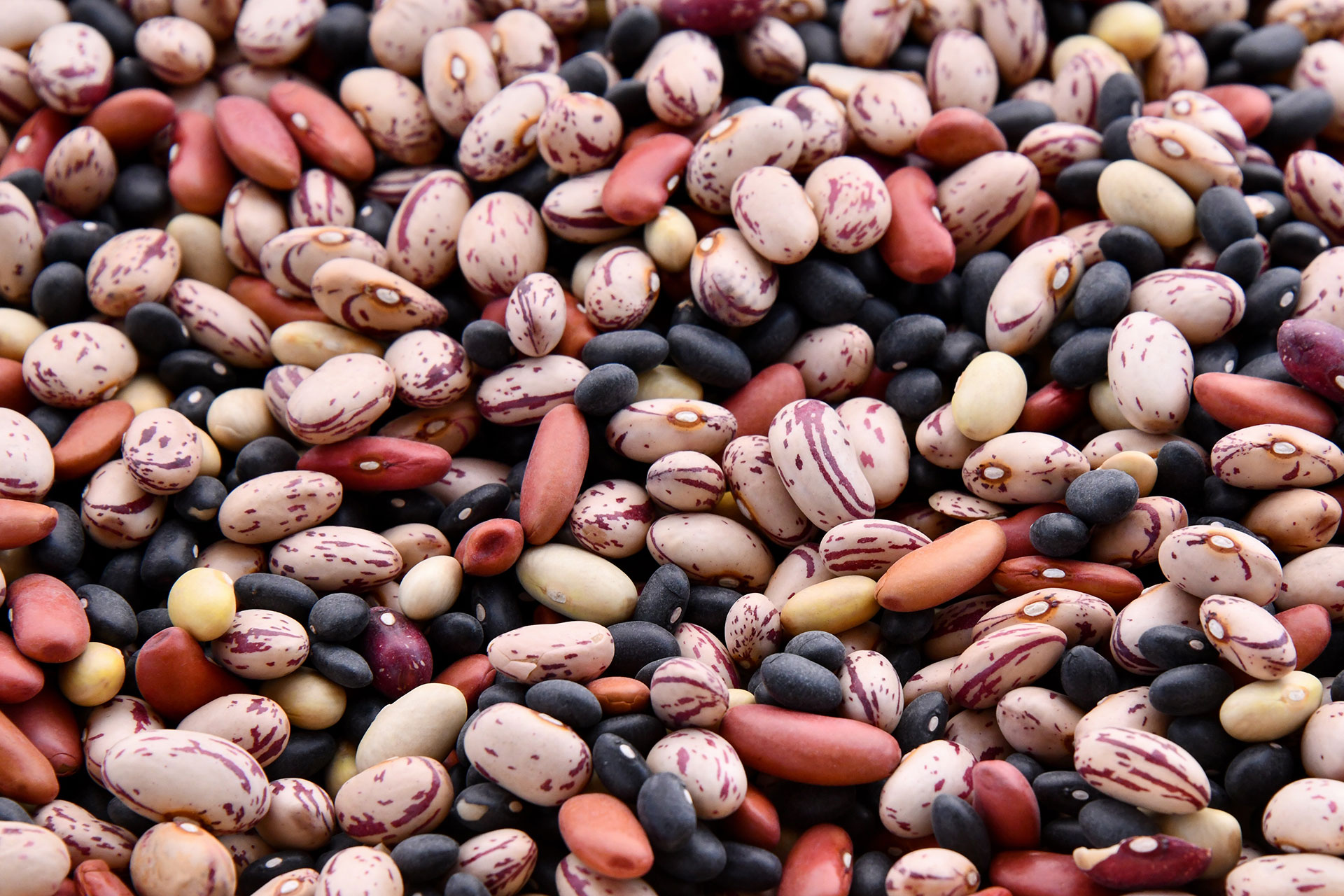Hormone Balance Through Nutrition

Nutrition plays a crucial part in maintaining hormonal balance, and in this article, we will explore dietary choices to help women nourish their bodies and promote hormone equilibrium.
Embrace Whole Foods:
- Why: Whole foods, such as fruits, vegetables, whole grains, and lean proteins, provide essential nutrients, fiber, and antioxidants. These nutrients support overall health and hormonal balance.
- What to Eat: Include a variety of colorful fruits and vegetables, whole grains like brown rice and quinoa, and lean proteins like chicken, fish, tofu, and legumes in your diet.
Healthy Fats are Essential:
- Why: Healthy fats, particularly omega-3 fatty acids, found in fatty fish, flaxseeds, and walnuts, support brain health and hormone production.
- What to Eat: Include sources of healthy fats in your diet, such as salmon, chia seeds, avocados, and extra virgin olive oil.
Balanced Protein Intake:
- Why: Protein is essential for repairing tissues and balancing blood sugar levels. Opt for lean proteins to support muscle health and hormone production.
- What to Eat: Choose lean protein sources like chicken, turkey, tofu, legumes, and low-fat dairy products.
Fiber is our Friend:
- Why: Fiber aids in digestion and helps regulate blood sugar levels, preventing insulin spikes that can disrupt hormonal balance.
- What to Eat: Incorporate fiber-rich foods like whole grains, fruits, vegetables, and legumes into your meals.
Mindful Carbohydrate Choices:
- Why: Opt for complex carbohydrates that release energy slowly, preventing blood sugar fluctuations that can impact hormones.
- What to Eat: Choose whole grains like brown rice, whole wheat bread, and oats over refined grains. Limit sugary foods and drinks.
Stay Hydrated:
- Why: Proper hydration supports bodily functions, including hormone regulation and detoxification.
- What to Drink: Drink plenty of water throughout the day. Herbal teas and infused water are also excellent choices.
Phytoestrogenic Foods:
- Why: Phytoestrogens, found in foods like flaxseeds, soy, and legumes, can help balance estrogen levels in the body.
- What is rich in phytoestrogens? Flaxseeds, tofu, tempeh, lentils, others.
Moderate Cafeine and Alcohol:
- Why: Excessive caffeine and alcohol consumption can disrupt hormone balance.
- What to Do: Limit caffeine and alcohol intake. If you enjoy coffee, consider herbal teas or decaffeinated options.
Calcium and Vitamin D:
- Why: Adequate calcium and vitamin D intake is essential for bone health and hormonal balance.
- What to Eat: Include dairy products, fortified plant-based milks, leafy greens, and wise sunlight exposure.
Manage Stress:
- Why: Chronic stress can disrupt hormonal balance. Stress management techniques like meditation, yoga, and hobbies reduce stress hormones.
- What to Do: Prioritize relaxation and self-care to manage stress effectively.
A balanced diet rich in whole foods, healthy fats, fiber, and essential nutrients, women can support hormonal balance and overall health.
It’s crucial to consult healthcare professionals for personalized guidance and ensure your dietary choices align with your individual needs and health goals.


Responses